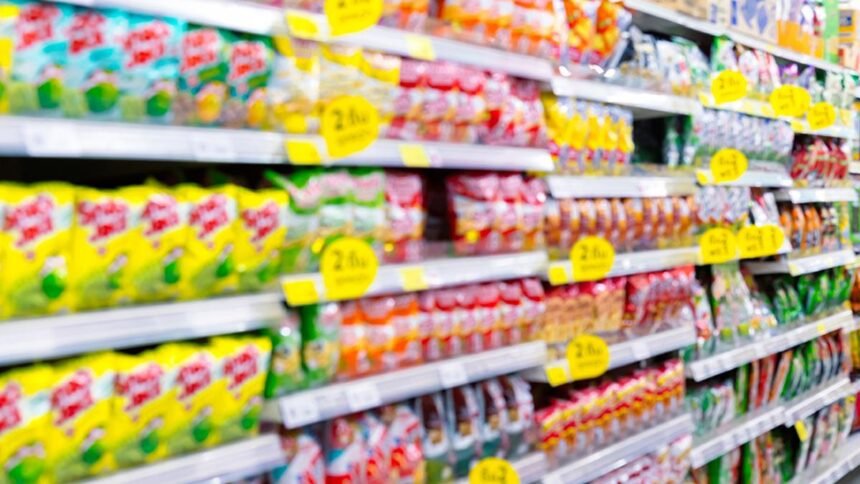Photos are for representative purposes only | Photo source: istock.com/Prasith_To
Products sold by the world’s largest food and drink companies in low-income countries are, on average, less healthy than those sold in high-income countries, a new report shows.
Products sold by companies including Nestlé, PepsiCo and Unilever were assessed as part of a global index published by the Access to Nutrition Initiative (ATNI), the first since 2021.
The nonprofit found that among 30 companies, products sold in low-income countries scored lower than those sold in high-income countries on a star rating system developed in Australia and New Zealand.
In the health star rating system, the healthiness of a product is divided into 5 levels, with 5 being the best and scores above 3.5 being considered a healthier choice.
In low-income countries, multinational companies’ portfolios scored 1.8 on this system. In high-income countries, where more products were tested, the result was 2.3.
“It’s clear that the products these companies are selling in the world’s poorest countries, where they are increasingly active, are not healthier products,” ATNI research director Mark Wijne said in an interview. Reuters. “This is a wake-up call for governments in these countries to be vigilant,” he added.
This is the first time the index has divided its assessment into low- and high-income countries.
ATNI said the index is important because packaged foods play an increasingly important role in today’s global phenomenon of the obesity crisis. According to the World Health Organization, more than one billion people worldwide suffer from obesity. The World Bank estimates that 70% of people who are overweight or obese live in low- and middle-income countries.
“We are committed to increasing sales of more nutritious foods and guiding people to adopt more balanced diets,” a Nestlé spokesman said in an email. Nestlé also fortifies its products to help close nutritional gaps in developing countries, he added.
A PepsiCo spokesman declined to comment. The company last year set new goals to reduce the sodium content of potato chips and add ingredients such as whole grains to the food.
“We acknowledge that there is always more to do, both at a business and industry level,” said Isabelle Esser, chief research, quality and food safety officer at Danone, the top performer in the index. express.
Published – November 8, 2024 05:00 PM (India Standard Time)

